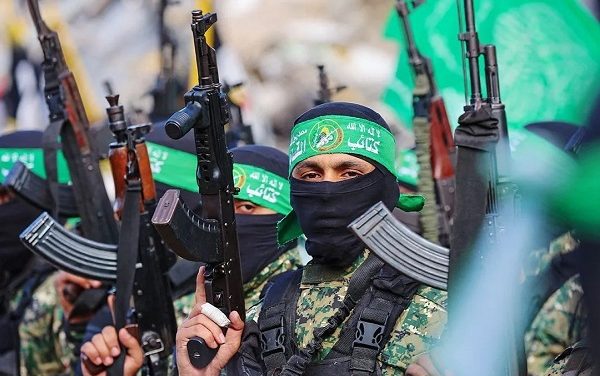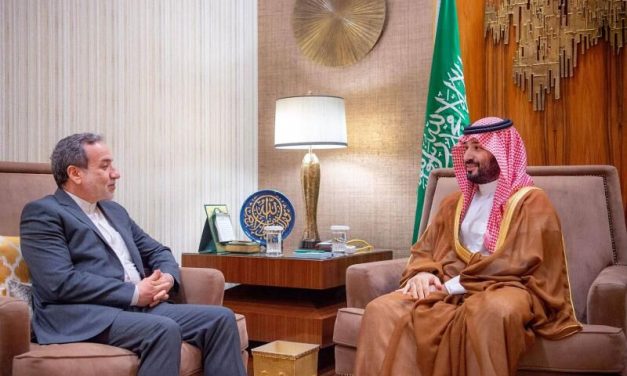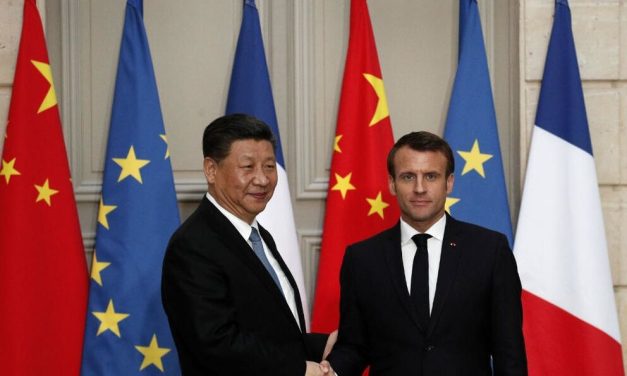Arab world’s restoration of ties with Syria
In recent weeks and for the first time after the elapse of 10 years, Jordan’s King Abdullah II and UAE Crown Prince Sheikh Mohammed bin Zayed called Syrian President Bashar Assad. Examining ways to strengthen and expand bilateral cooperation was the main topic of talks between the King of Jordan and the Crown Prince of the UAE with the President of Syria. To show their goodwill, Jordanian officials have called on the media and officials to refrain from attacking and criticizing Syrian leaders and army. Energy ministers of Syria, Lebanon, Egypt and Jordan also recently met in Amman and agreed to speed up construction of an Arab gas pipeline from Egypt to Lebanon.
Authorities of Egypt, as one of the most important Arab countries, are paving the way for the first direct talks between the Egyptian President and Bashar Assad through various means, including covert visits of political, military and security delegations. In an important move, the Egyptian parliament has called for the restoration of Egyptian government’s relations with Syria. For the first time since the start of the Syrian crisis, foreign ministers of the two countries of Syria and Egypt met on the sidelines of the annual UN General Assembly in New York in September this year. Meanwhile, Egyptian President General Al-Sisi made it clear that Syria represents Egypt’s strategic depth. In addition, Chief of the Saudi General Intelligence Directorate, Khalid al-Humaidan, met with Bashar Assad and Syria’s national security chief, Ali Mamlouk, during a visit to Damascus to establish a communication channel.
It is worth mentioning that, apart from Kuwait, Qatar and Saudi Arabia, other countries in the Persian Gulf region have reopened their embassies in Syria.
Reasons and motives
One of the longest regional wars took place in Syria between 2011 and 2018. The downfall of the Syrian political system and Bashar Assad was at the forefront of the targets of the terrorists and internal fighters and their foreign supporters. After the elapse of ten years since the first days when Syria sank into a deep and complex crisis swamp in which the role of external variables and factors was more prominent, it is now clear to everyone that the Syrian government and people have been the “real winners” of the war. A war, which was supposed to lead to the expansion of the US influence, strengthened the US enemies in the region.
In the Past two years, the Syrian government has achieved unique strategic successes in the field, political and military arenas, which has not only enhanced the weight and political position of the country in the regional equations, but also among Arab countries. Syria, which has emerged successfully from one of the most complex, destructive, and dangerous crises of the last century in the international system, thanks to its resistance, today has far more power than in the pre-crisis years; this is the indisputable “reality” that Arab countries have realized and, by retreating from their ten-year-old positions, are seeking to resume diplomatic relations with Damascus.
Undoubtedly, the destruction of the ISIS in 2018, which was the most important element and factor in building crisis in Syria, and restoration of independence and national sovereignty over a large part of the Syrian territory, plays a very important role in the tendency of Arab countries to establish diplomatic openings with Damascus. With the exception of areas in northwest of Syria which are controlled by Jabhat al-Nusra (A-Nusra Front) and other Turkish-backed terrorist groups, other areas have been liberated and brought under the Syrian government control. Recently, there have been reports that the Syrian army has been preparing itself to launch a large-scale operation to clear various areas of Idlib and Aleppo provinces (Luza, Jisr al-Shugur, Marian, Darazeh, Ahsam, Al Foua and Kefraya, etc.) from foreign aggressors. The operations, which are likely to begin in the coming weeks, will certainly play an important role in ending the military life of the remaining terrorist groups in Syria.
All of such developments, along with the re-election of Bashar Assad in the recent presidential election, the failure of the US Caesar law and the resulting sanctions, the US withdrawal from Afghanistan and Syria coming out of the Biden administration’s foreign policy priorities, have strengthened this belief among Arab countries that they s should separate their path from the interests of the White House. Because the prospect of the US defeat in Syria, as well as the important, vital and geopolitical situation of that country, has caused the Arab countries to move towards the resumption of diplomatic, economic and security relations with Syria.
Strategic implications
Resumption of relations of the Arab countries and Damascus means the failure of all projects to overthrow the military-political establishment in Syria, which was pursued in the two hardware and software dimensions. At the strategic level, this also presents important opportunities for the Syrian government to move forward to overcome the consequences and losses of 10 years of war and conflict.
The trend of changes which is observed in the relations of Arab countries with Syria strengthens Syria’s regional and international position, and subsequently the Resistance Front, and helps to restore its pivotal role in the regional equations.
The highlighted role of the Islamic Republic of Iran, due to its support for Syria during the crisis, weakening the role of the Zionist regime in the region, strengthening the balancing role of Syria, formation of a suitable atmosphere for the countries of the Resistance Front to unite with other countries and, as a result, reduction of intra-regional frictions are among the consequences of the restoration of relations of Arab countries with Syria.










0 Comments